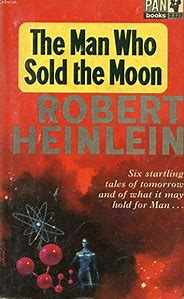Jerry Pournelle's CoDominium Chronology begins with Armstrong and Aldrin on the Moon in 1969 and they are also referred to in Poul Anderson's The Stars Are Also Fire. History helps future histories.
The earliest year in James Blish's Chronology of Cities in Flight is 2012. The first of the antiagathics is discovered in 2018, "Colonials" leave the Solar System in 2021 and the Cold Peace begins in 2022. Thereafter this Chronology remains "future" - just.
In Poul Anderson's Psychotechnic History, UN world government is established in 1965 and replaced by the Solar Union in 2105. In Anderson's Technic History, the opening story quotes a document dated 2057. We continue to approach or encroach on the fiction.
A Romany palm reader told me that I would live until the age of 95. I provisionally accept what such people say because they have previously said things that were true. However, if I make it to 100 and 101, then I will have reached the dates of Books One and Two of James Blish's A Case of Conscience.

1 comment:
Kaor, Paul!
I didn't think 1984 was that remote a date when I first read Orwell's dystopian novel in the 1970's. And I made a point of rereading that book in 1984.
I think Huxley's BRAVE NEW WORLD a more plausible dystopian scenario.
Hope this uploads.
Ad astra! Sean
Post a Comment